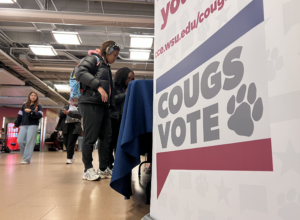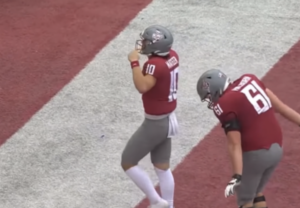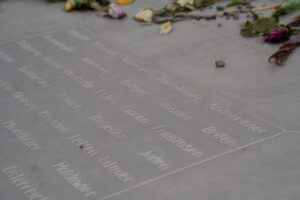PULLMAN, WASH – Energy bills for the month of January increased.
Wildlife ecology major Mackenzie Perry said her electric bill was up nearly $40 from the usual cost. She shares an apartment with three roommates, which uses baseboard heating.
Carlos Limon, Avista Utilities energy efficiency engineer, said during the winter months, people tend to leave their lights and heat on longer, as the temperatures drop, and the days shorten. The result: 40% to 60% of a resident’s electric bill can be made up of just the power used to heat their home.
Baseboard heating, while efficient, can take up a lot of energy, Limon said. He recommends zoned heating, where a renter or homeowner only heats the rooms they are occupying regularly to the temperature they feel is comfortable, while leaving other unoccupied rooms at slightly lower temperatures.
Effective insulation is also key to keeping homes warm and minimizing electricity costs, Limon said. Residents who can, should make sure their windows are caulked and there is no empty space between their external doors and the ground.
“You can equate a quarter-inch gap on your door – at the bottom of your door – it’s equivalent to about a softball size,” Limon said.
Tom Weaver, owner and manager of Crimson Properties, said he also recommends prospective renters or buyers ask about insulation and also how much an average heating bill costs at the homes they are interested in. This question is always appropriate, and he recommends his own tenants ask that question.
Weaver also recommends his tenants who live at the same property for over a year enroll in comfort billing, where Avista calculates their average usage and bills them for the same every month, he said. This way, residents can plan their budgets better.
Avista has more information available for saving power on their website.















